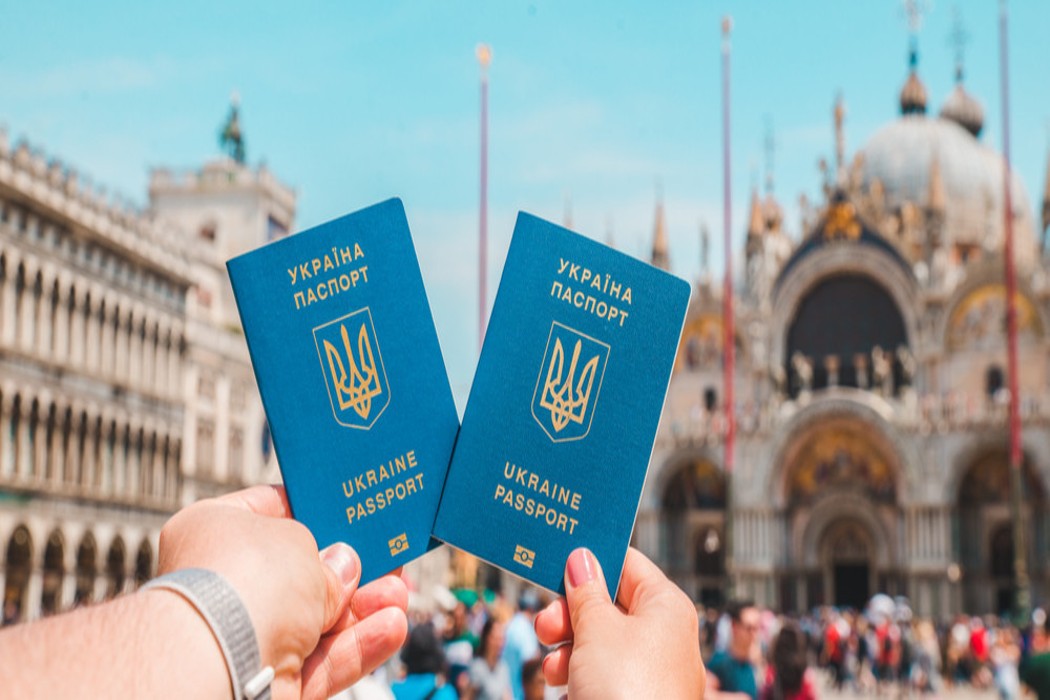
The Schengen Visa is an in-demand travel document for anyone wanting to explore Europe’s varied landscapes, cultures and history. While many applicants hold stable jobs but still wish to embark on European adventures. Applying for a Schengen visa when you don’t have a job may seem hard at first, but it can be done successfully with the right paperwork. In this piece, we’ll show you how getting one could bring your dream trip to Europe closer than ever.
Determine Your Travel Purpose
Applying for a Schengen visa when unemployed requires having a compelling and genuine reason. Common purposes may include tourism, visiting friends or family, attending conferences or cultural events, seeking employment, or simply browsing. Be honest when providing your reason; this will dictate which documents will need to be submitted with your application.
Gather The Required Documents
Documents are essential when applying for a Schengen visa as an unemployed individual. You must show evidence to the consulate that you have enough funds for the trip and won’t overstay your visa. Below is a list of essential documents needed:
1. Proof Of Financial Means
Bank statements: Submit at least three to six months’ worth of bank statements to prove your financial stability. These statements should clearly show a consistent source of funds or savings.
Sponsorship letter: If someone is sponsoring your trip, provide a formal letter of sponsorship along with their bank statements and proof of their legal status in the Schengen Area.
2. Travel Itinerary
Flight reservations: Provide confirmed round-trip flight reservation indicating your entry and exit dates.
Accommodation bookings: Book accommodations for the entire duration of your stay and include reservation confirmations.
3. Travel Insurance
Schengen travel insurance: Purchase travel insurance that covers medical emergencies, repatriation, and a minimum coverage of €30,000. This is mandatory for Schengen Visa applications.
4. Proof Of Ties To Your Home Country
Home country ties: Provide evidence of your ties to your home country, such as property ownership, family relationships, or ongoing education.
Employment history: If you have been unemployed for a while, include documents from your previous employment to demonstrate your work history.
5. Invitation Letter (if applicable)
If you have an invitation from a friend, family member, or a business contact in a Schengen country, include an invitation letter detailing the purpose, duration, and accommodation arrangements for your visit.
6. No Objection Certificate (NOC) from Local Authorities
Some Schengen countries may require a No Objection Certificate from your local authorities stating that they have no objections to your travel plans.
7. Visa Application Form
Complete the Schengen Visa application form accurately and truthfully. Ensure that all information matches the documents you are submitting.
Attend the Visa Interview
Once you have gathered all the necessary documents, schedule an appointment at the consulate or embassy of the Schengen country you plan to visit. During the interview, you should be ready to talk about your trip plans, why you’re there, and how much money you have. Be honest and confident in your responses.
Be Prepared for a Possible Visa Denial
You can apply for a Schengen visa even if you do not have a job, but there is always a chance that you won’t get it. Don’t give up if your application is turned down. You can reapply after addressing the issues that led to the denial. Common reasons for visa denials include insufficient funds, unclear travel plans, or doubts about returning to your home country.
A prepaid accommodation Schengen visa is often required as part of the documentation for a Schengen visa application, serving as proof of your planned stay during your visit to the Schengen Area.
Conclusion
It’s important to research and understand the specific requirements and procedures for the Schengen visa application based on the country you plan to visit, as there may be slight variations in the application process and required documents. Though difficult, getting a Schengen Visa while unemployed is possible with appropriate planning, documentation, and a valid purpose for visiting.
By following the steps outlined in this article and presenting a well-prepared application, you can increase your chances of securing a Schengen Visa and embarking on a memorable European adventure, even during a period of unemployment.
Recent Posts
- How does Salman F Rahman Foster Positive Outcomes throughout Every Business Phase?
- Critical Aspects of Clinical Immunology Described by Dr. Kanury Rao
- 63 moons – The success story called ‘innovation in the fin-tech arena’
- How Physiotherapy Can Help in Transforming the Health of Women?
- Jignesh Shah: the Man Who Never Gave Up
Recent Comments

Navigating Delaware's Best Deals: Used Tire Shops Unveiled

Best Way To Visit Shimla Manali With A Tour Package

Best Time to Visit Srinagar Tulip Gardens

Which Schengen Visa Is Easy To Get

How does Salman F Rahman Foster Positive Outcomes throughout Every Business Phase?

Critical Aspects of Clinical Immunology Described by Dr. Kanury Rao

63 moons - The success story called ‘innovation in the fin-tech arena’

